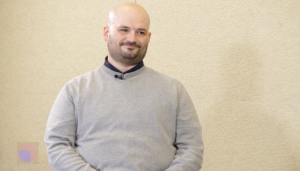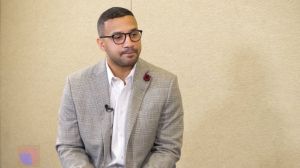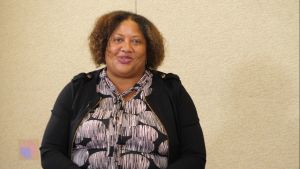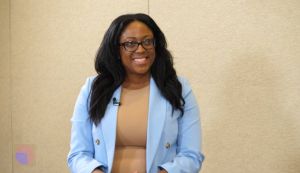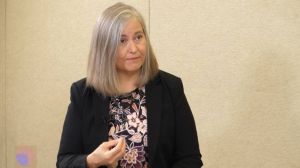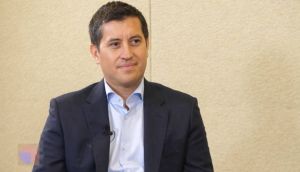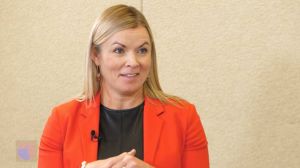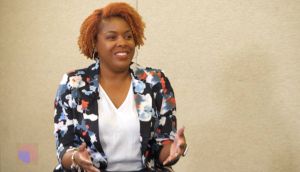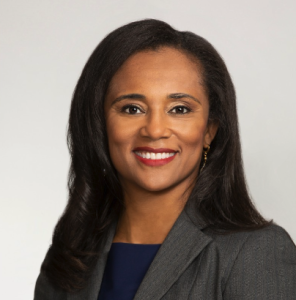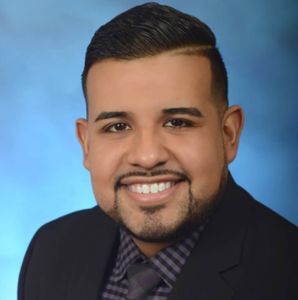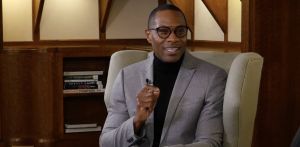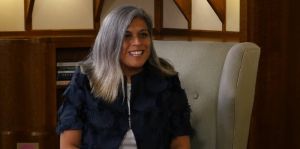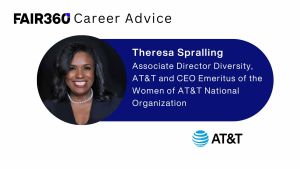EY sat down with Brandon Lyons, who is an Advisory Services Manager and specializes in Performance Improvement/Supply Chain. He is currently based in EY’s Colorado Springs office but was previously based out of San Diego. In addition to his professional responsibilities, Brandon is a resident athlete at the Colorado Springs Olympic Training Center training for the Tokyo 2020 Paralympic Games on the Para-Cycling team.
Question: As someone who acquired a disability after you started your career, what tips would you give employees who acquire a disability and want to keep growing professionally and advancing
Brandon Lyons:
Take risks: I learned very early on to be comfortable living in the uncomfortable. By taking risks early on and throughout my career, I grew as an employee and as a person.Whether it is taking on stretch roles, transferring to a new business unit or working directly with senior management, the skills and experiences you will gain are priceless.You may just find your true passion.
Voice your accommodations: Being a person with a disability, I was first concerned about addressing any specific needs I required to perform my job, thinking that my employer may perceive me differently.Luckily at EY, they have created a culture that allows employees to voice their concerns and accommodations.At EY, there is a culture and infrastructure in place to enable each of our employees to bring our best selves to work each day.
Take on a leadership role:Whether you are looking for more responsibility on your project team or joining and engaging with an employee resource group, EY provides leadership opportunities to those that are passionate and want to drive change.By taking on a leadership role, you have the opportunity to develop a variety of skills ranging from project management to technical and non-technical skills.In addition to the skills you will develop, you may have the opportunity to network with senior management of the firm and be looked upon as a subject matter expert in your field.
Question: As a millennial with disabilities, is there anything you think is especially important for other people with disabilities to know or do early in their careers
Brandon Lyons: As a millennial professional, I don’t think that a person’s disability should hinder or affect their career early on. Once an individual with whatever type of differing ability determines the appropriate accommodations needed with their employer, they can then focus on how to build their career. Some tips that I would recommend to others to help them navigate their careers early on would be:
Take ownership of your career: EY does a tremendous job of empowering its employees, regardless of rank, years of experience, gender, etc., to make an impact immediately in their career.The tools and infrastructure are there, but it is the responsibility of the employee to drive their career in the direction they wish.
Leverage your relationships: One way to take ownership of your career is by identifying and leveraging your professional and personal relationships. For example, at EY you are partnered with a counselor, who is typically more senior, in the same business unit and located in the same region or office. This specific relationship can be critical to your success, career advancement and job satisfaction. The more trust you both share, the better, as this person is helping to guide your career in the direction you desire.
Network, network, network! Starting your career at a new company, sometimes in a new city, can be frightening. Make it a necessity to network with people in and out of your local office early on and throughout your career. Make sure to learn this skill, as you will leverage it throughout the remainder of your career. This is particularly important for someone working in the professional services industry. Most professional services employees work at client sites, making it challenging to connect face-to-face. Take advantage of your time in the office schedule meetings, coffee breaks or lunches to connect with colleagues. You never know which connection may be the catalyst for your career.


